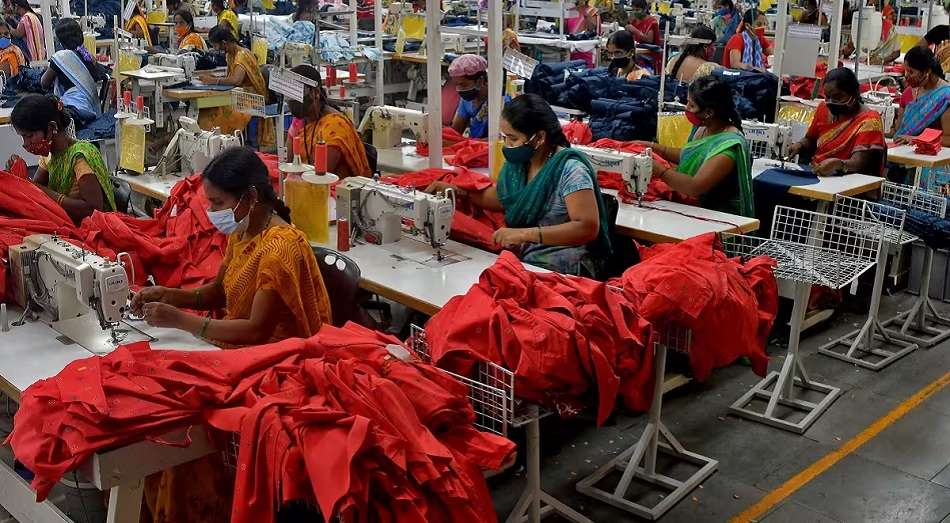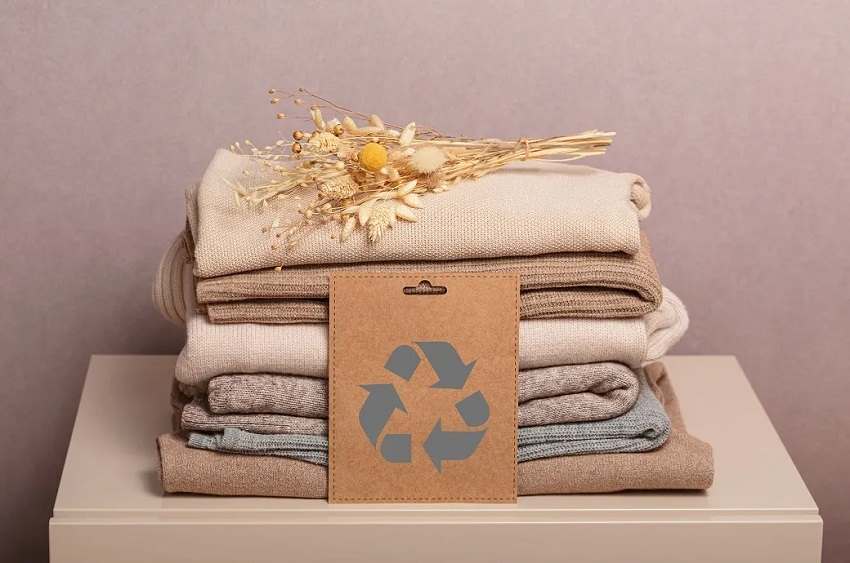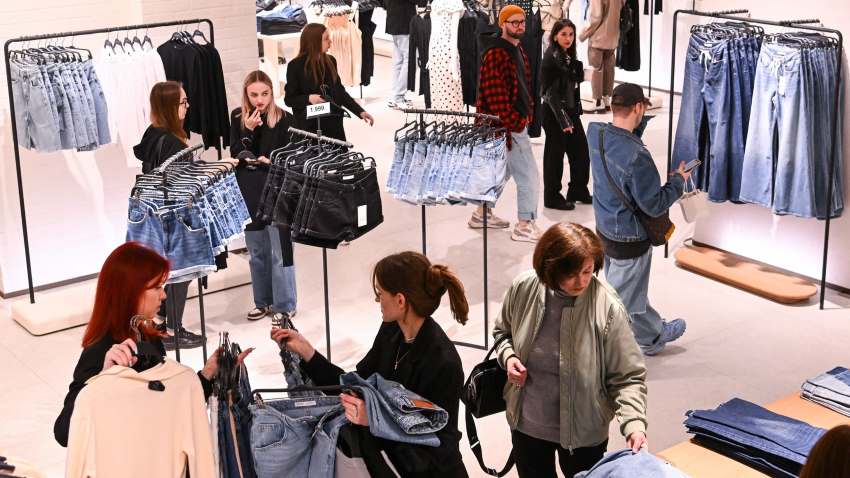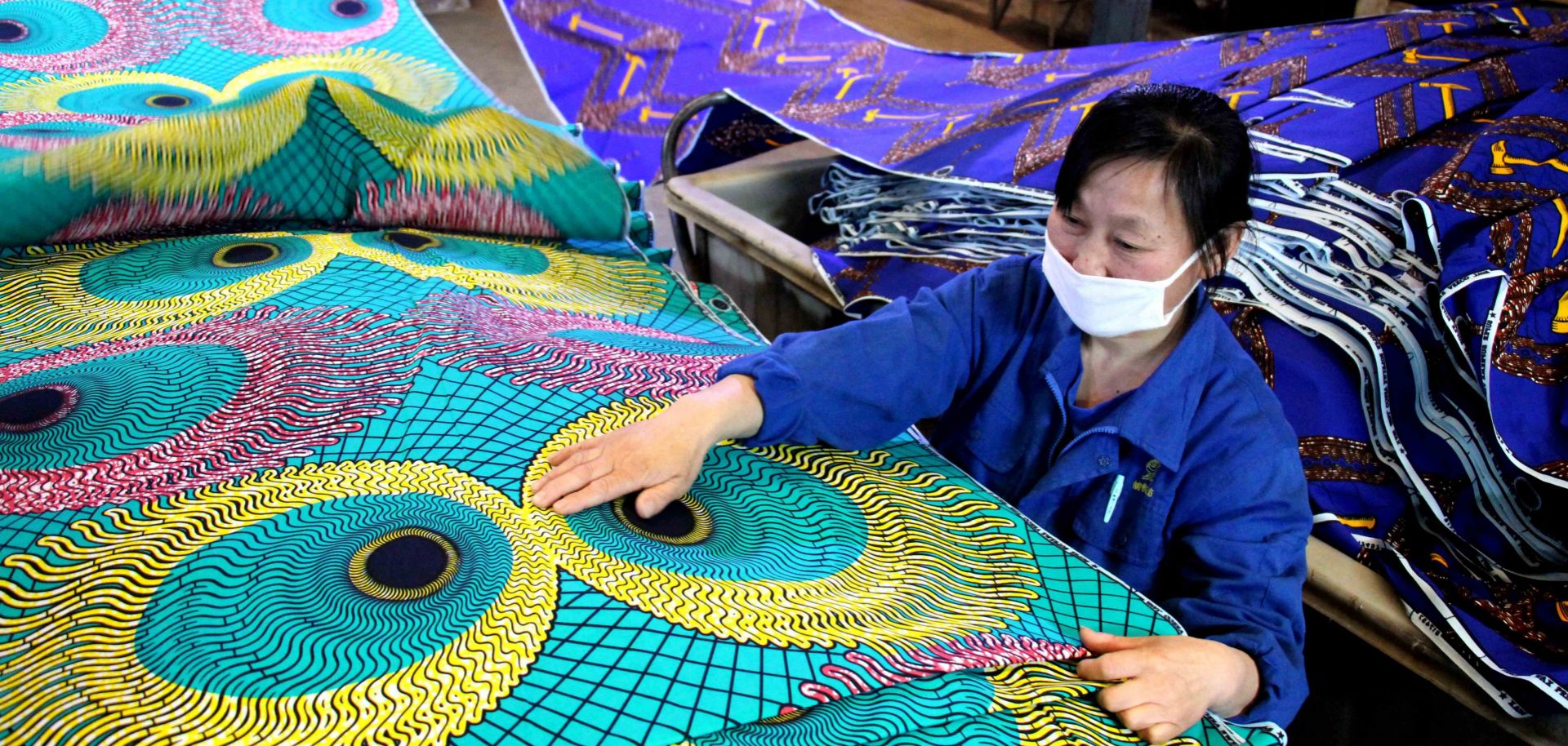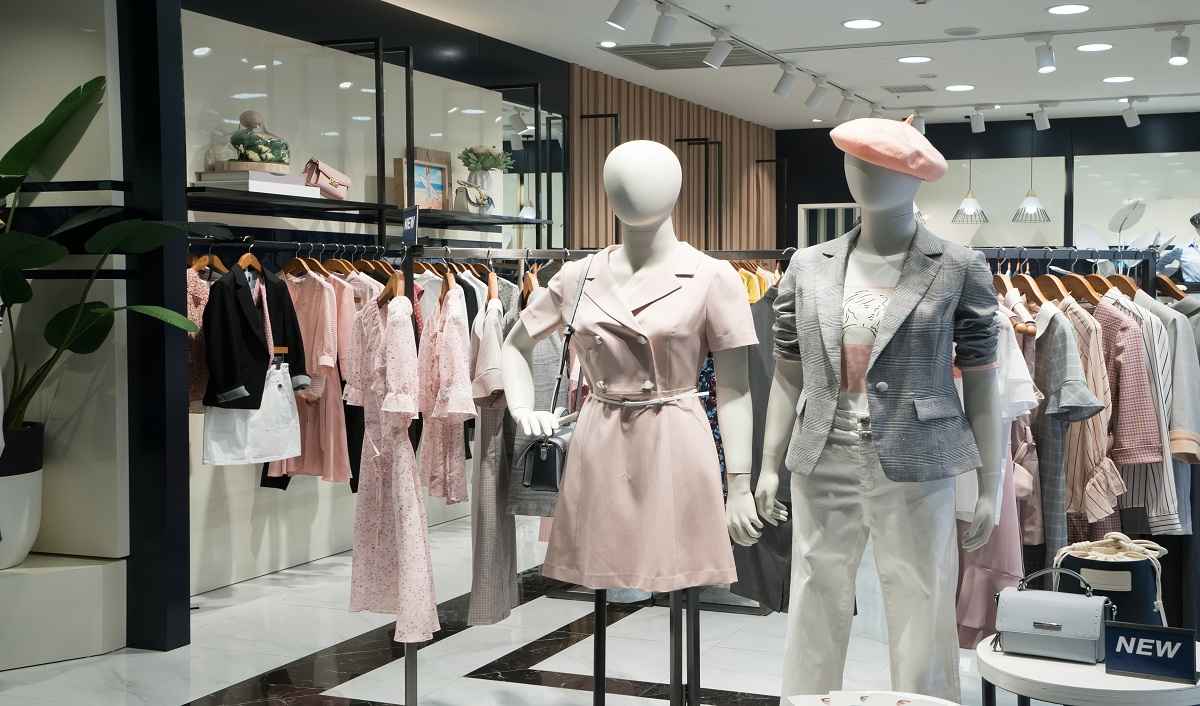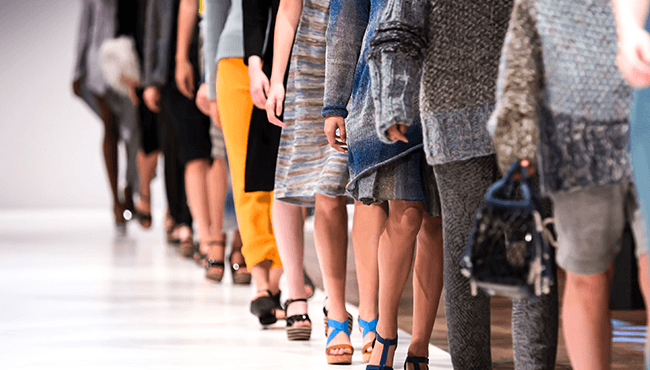FW
Vidarbha Economic Development Council (VED) is demanding the setting up of National Institute of Design in the city. Representatives from the council met Krupal Tumane, Member of Parliament from Ramtek, to take up the issue with the authorities at the Centre. Devendra Parekh, VED president says it is heartening that Tumane gave a very heartening response and extended his full support.
The creation of four new NID campuses was suggested as part of the government's 2007 National Design Policy. The plan envisaged campuses in four new states, namely Andhra Pradesh, Assam, Haryana and Madhya Pradesh at Hyderabad, Jorhat, Kurukshetra and Bhopal (with extension campus in Gwalior) respectively. Parekh says VED has been demanding a NID from both the union and Maharashtra government for past five years with the aim of bringing global institutions in the city and region.
NID has been a pioneer in industrial design education after Bauhaus and Ulm in Germany and is known for its pursuit of design excellence to make ‘Designed in India, Made for the World’ a reality. NID’s graduates have made a mark in key sectors of commerce, industry and social development by taking role of catalysts and through thought leadership. NID has been active as an autonomous institute in education, applied research, service and advanced training in five faculty streams, Industrial Design, Communication Design, Textile, Apparel and Lifestyle Design, IT Integrated (Experiential) Design and Interdisciplinary Design Studies.
Atharavu, a Netherlands-based NGO, has promised to provide Rs 50 lakh to the Chennai-based Anakaputhur Jute Weavers Association for the construction of weaving centers in the area. The weavers, mostly women, specialise in banana fiber, which is a specialty only in four countries all over the world - India, Japan, Zimbabwe and Denmark. They weave saris from the banana fiber and produce jute and bamboo fiber. The garments woven in natural fibers are of great demand abroad.
The association was once an important handloom center famous for its Madras handkerchiefs. It purchases raw materials from bulk dealers. The weaving is done in a delicate manner after a proper cleaning process. The association is mainly a women’s cluster which involves a majority of women in weaving to give them economic independence. But, so far, they have not been able to realise their dreams.
The NGO Atharavu is funded by the Netherlands government. It has promised more economic stability for women weavers by taking their products to foreign boundaries. Meanwhile Japan has agreed to provide technology transfer to the Anakaputhur Jute Weavers Association to produce banana paper. This association already produces banana fiber for weaving. It is the only society in the country to receive help from Japan to make organic paper. Members may be sent to Japan to undergo special training.
Cotton prices have increased by Rs 1,000 per candy in the past one week on the back of short supply. Good demand from domestic mills coupled with expectations of fresh export demand have helped push up cotton prices. During the last one week cotton prices have moved up from Rs 34,500 to Rs 35,500 per candy. Arrival of the commodity also fell to 45,000 bales as against 55,000 bales in the past two weeks. As compared to last year’s corresponding period, current arrivals have been almost 44 per cent lower. In May 2015, daily arrivals stood at about 80,000 bales.
Demand from domestic mills is good and, as against it, supply is tight, which has mainly lifted cotton prices up in the last one week. Moreover, fresh export demands are also possible in the coming days. Prices may continue to move up. On the other side, quality of raw cotton or kapas has also declined as most of the good quality products have arrived in the market. Farmers are also not willing to sell raw cotton at the lower rate which has restricted the supply at this time. India has exported about 6.2 million bales of cotton so far.
"Even though big global brands are known across the world there are many more small brands who have made a mark. These small apparel brand entrepreneurs along with many others work day and night to make their dream come true to build their own clothing brand successful. Many dream of starting a clothing business with a small sum of resource and money. After all, every business has to start somewhere and sometime. "

Even though big global brands are known across the world there are many more small brands who have made a mark. These small apparel brand entrepreneurs along with many others work day and night to make their dream come true to build their own clothing brand successful. Many dream of starting a clothing business with a small sum of resource and money. After all, every business has to start somewhere and sometime. And if you are looking for a motivation or inspiration to start your own business, there are plenty of entrepreneurs who have built themselves into established apparel brands in different parts of the world in the apparel industry. Independent small fashion designers and brands have been emerging all over the world with a focus on thoughtful designs, sustainable materials, fair employment practices, innovation and creativity.
Nikki Garcia

San Francisco-based Nikki Garcia, the force behind ‘First Rite’, designs and produces her clothing collection and is known for its fast-paced and tech-driven startups. But, with quality design and careful production Nikki Garcia’s works with only natural fibers along with her brand ‘First Rite’ is helping to slow down the pace. The brand line of Nikki creates basics that men and women of almost any age can wear and layer throughout the year.
Nuno Henriques
Another one on the list is the brand owner of ‘Toino Abel’ Nuno Henriques. The hand-woven bags sold at the official website of the brand ToinoAbel.com are part of a generations old family tradition. Even now every bag is made completely by hand in Portugal. Over time the bags of Toino Abel have become an icon of Portuguese artisanal craft. Their bags are loved by a world-wide audience and have been featured in international magazines like Vogue UK, Frankie from Australia and Cut Magazine Germany.
Raan and Shea Parton
‘Apolis’ brand owners Raan and Shea Parton who founded Apolis in 2004 with the idea that business can create social change is another one which cannot be ignored. The word ‘Apolis’ itself means Global citizen. Along with their pledge to global advocacy, they also understand the importance of manufacturing and sourcing locally. Apolis operates through a model of ‘Advocacy Through Industry’ which is central on the idea that people in developing areas can live better lives when given access to the global marketplace to empower people to determine their own future. This socially conscious brand ‘Apolis’ offers an enormous amount of super-stylish clothing for men, lifestyle and accessories products. Apolis is also a certified B-Corporation that works closely with nonprofits and cooperatives in Peru, Uganda, Bangladesh, Nepal and many other countries.
Maxine Bedat and Soraya Darabi
Maxine Bedat and Soraya Darabi founder of the company ‘Zady’ are another one to be noticed. Shopping from their brand helps ‘The Bootstrap Project’ which is a non-profitable project that aims to create a sustainable platform to retain and promote centuries-old customs and crafts. Their moto is ‘Clothes that fit. Clothes that feel great. Pieces that inspire.’
Lisa Hackwith
Lisa is the brand owner of Hackwith Design House (HDH). Her vision and dedication is the reason HDH exists. Her Minneapolis-made women’s clothing line gives new meaning to the phrase ‘small batch’. HDH releases a new limited-edition design every week with less than 25 of each design produced. They have lines which include HDH Basics, HDH Plus, HDH Swim and HDH Bridal line, as well as multiple new limited-edition designs every Monday, with all this HDH still strive to make each and every piece special for every woman.
Michael Preysman
The founder of ‘Everlane’ Michael Preysman is another one to be named. In 2010, he left his job in venture capital to start his own business. Since he launched Everlane in 2010, it has become kind of a big deal. What started out as a referral-invite only company for fashion folks in the know has turned into an e-commerce mini-giant that now sells a full selection of men’s and women’s apparel and accessories. His brand’s strength is in its transparency. The California-based company proudly displays information about the factories where its pieces are produced and uses the ‘Know Your Factories’ phrase on the official website and on social media. This brand completely follows the ‘Radical Transparency’ for all.
Yvonne and Ren
Yvonne and Ren founders of the brand ‘Matter’ which is inspired by travel stories and relationships are another prominent one. Matter is a socially motivated business which makes tops, shorts, pants, and accessories. Matter products for instance Matter pants are artisan-printed on loomed fabric. Matter also works closely with its manufacturing team in South Asian countries, and possesses a clear philosophy about making a positive environmental and social impact.
Sarah Burroughs
Sarah Burroughs owner of the clothing brand ‘Anne B’ is another famous one. The mission of Sarah Burroughs’ clothing is to assure that the art of sewing and craftsmanship doesn’t disappear. So she took the matter into her own hands by creating and selling her first line of bags, called ‘The Made Collection’, which helped to fund a sewing school in Salt Lake City, Utah. These proceeds benefit not only the school, but also work with refugees on the production of the bags in hopes of one day offering them full-time employment.
Elizabeth Suzann
Elizabeth Suzann is the founder of the brand ‘Elizabeth Suzann.’ She is a self-taught designer lives and works in Nashville, Tennessee. She started her clothing brand in 2013, aiming to create the kind of wardrobe staples that are simple, utilitarian and beautiful. Her prime focus is on producing and consuming mindfully, her clothing brand focus on craftsmanship, reduce waste, and create truly flawless clothing for their customers.
By the next quarter, Nandan Denim (NDL) plans to raise its production capacity to 110 million meters per annum from the current 71 million meters. According to Govind Sharda, NDL President, the company is expanding capacity further to reach 110 million meters by Q1 of FY17 to become the country’s largest denim producer.
The Ahmedabad-based company has worked out a capacity expansion plan to strengthen its domestic market share, expand exports business and have an increased focus on value-added segments. Out of total capital outlay of Rs 612 crores for expansion, they have already spent Rs 400 crores and the remaining Rs 212 crores will be spent in next 4-5 months. Sharda added that the expansion programme is funded through debt of Rs 430 crores and internal accruals of Rs 180 crores.
Besides denim fabric capacity, the company is also expanding spinning and shirting segments. It is increasing spinning capacity from 54 tonnes per day to 124 TPD and yarn dyeing shirting capacity to 10 million metres.
Low priced apparels are available in the US by outsourcing labour to factories that hire workers for pennies. The Forever 21 T-shirt was manufactured in Nicaragua and the American Apparel shirt was made at home in Los Angeles. According to Rosanne Hart, Founder of the Hart Agency, the North American Free Trade Agreement set in motion a lot of the migration of apparel and textile jobs out of the US. Hart also added apparel manufacturing happens in the US today but on a limited level. She cites that the vast majority of consumers in America don’t want to pay the added costs of purchasing clothing made domestically and that the designers who do manufacture here only do so on a limited level.
According to a report published in the LA Times, more than eight among 10 Americans have become increasingly wary of mass-produced items and want goods that are unique and made sustainably in America. Americans associate the Made in America movement with higher quality goods. The report even suggests that Americans are willing to pay more for domestically manufactured goods.
SMU graduate Matt Alexander became a local Dallas fixture of the Made in America movement with the founding of Need (now rebranded as Foremost) in November 2013. Foremost is an American-made clothing line available for both men and women at an affordable cost. A Pima cotton and MicroModal tee from Foremost costs the same as a plain cotton tee from American Apparel.
Spinexpo will be held in France, July 6 to 7, 2016. This is an international trade exhibition for fibers, yarns, knitwear, and knitted fabrics. Spinexpo Paris will bring products from international specialists closer to European buyers. The two-day event will present collections from the leading spinning mills and knitwear manufacturers addressing the active, knitwear, weaving, embroidery and lace sectors as well as any other outlet using yarns.
Targeting 75 exhibitors for its first session with product offerings from selected international top level companies in the spinning and knitwear sectors, Spinexpo Paris will unveil Autumn/Winter 2017-18 collections of the participants. Buyers have come to recognise Spinexpo as a place of paramount importance, the vanguard of cutting-edge ideas, creativity and inspiration.
In response to the increasing demand from buyers for reliable and high performance products, the exhibition is focused on bringing suppliers closer to their consumers. The goal of the upcoming event is to bring together spinners and knitwear manufacturers, who invest in innovation and have become the most effective suppliers of US and EU brands to Paris.
The eighth edition of Spinexpo New York will be held on July 19 to 21 and the 28th edition of Spinexpo Shanghai will be held from August 30 to September 1.
Even as H&M shareholders prepare to meet in Sweden, the Clean Clothes Campaign, International Labor Rights Forum, Maquila Solidarity Network, and Worker Rights Consortium have released a report revealing that the majority of H&M’s Bangladeshi supplier factories are still not safe. Three years after H&M became the first signatory to the Accord on Fire and Building Safety in Bangladesh; almost all its factories remain behind schedule in carrying out the mandated renovations, with 70 per cent of its strategic suppliers still lacking such a vital, life-saving feature as adequate fire exits. On the day of H&M’s Annual General Meeting, activists around the world will make their concerns known at their local H&M store.
Four NGO witness signatories of the Accord have reviewed H&M's strategic suppliers in Bangladesh, after two earlier reports in September 2015 and January 2016. Although some progress is visible, the slow pace is concerning. The new analysis shows that all factories that in January 2016 still had lockable doors that might prevent workers from leaving the factory in an emergency have now removed those locks. Also the percentage of sliding doors or collapsible gates still in place has decreased considerably.
However, more troubling is that 69 per cent of these factories have not completed the installation of all fire-rated doors required for a safe exit for all workers in the factory.
An average Nigerian cannot identify quality products, but will prefer to go for what is cheap in the market even if it does not serve for a long time. The nation’s textile industry faces a host of challenges. Smuggling has assumed huge dimensions. Cheap imported fabrics, power cuts and a rise in production costs are making it difficult for Nigerian textile traders to compete.
Electricity supply is still below 20 per cent. The business environment is not sufficient enough for ‘Made in Nigeria’ products to compete with Chinese imports. Nigerians have to compete with the Chinese without protection. Since manufacturers cannot produce enough material, this means that textile traders down the line must rely on imports, much of which is smuggled. At the same time, importers have tightened the supply chain, insisting on upfront payment since the local currency was devalued.
In the face of stiff Asian competition, manufacturers are asking for government protection. Traders, on the other hand, want a quick propping up of the local currency to make imports affordable. Until such intervention happens, more traders and manufacturers will be at the mercy of Asian suppliers.
In Nigeria, textile manufacturing is a key local industry, supported by a chain of suppliers such as cotton growers and natural dye makers.
Pakistan’s export competitiveness is declining as readymade garment manufacturers are dealing with high cost of production due to increase in energy costs as compared to competing countries, says Pakistan Readymade Garments Manufacturers and Exporters Association (PRGMEA) central chairman Shaikh Mohammad Shafiq,. Tariff rates of electricity for industry and commercial concerns are considerably higher in Pakistan than in competing countries basically due to over 50 per cent line losses and theft.
Today Pakistan ranks 138 out of 189 on ease of doing business, while last year it was 136. The high cost of doing business has started hitting the textile industry severely, which is evident from the growing number of factory closures in the sector. Oil prices have declined internationally but the Pakistan industry has not yet got relief.
Pakistan has set an export target of $35 billion to be achieved during the next three years. In recent years the country has been exporting more of value added products than of raw cotton, yarn or fabrics. In recent times, textile enterprises have increased the use of synthetic fibers and yarns. Garment exports from Pakistan to the European Union saw an increase of around 21 per cent in the first year of the GSP Plus scheme. The EU is now the largest importer of Pakistani textiles and garments.

